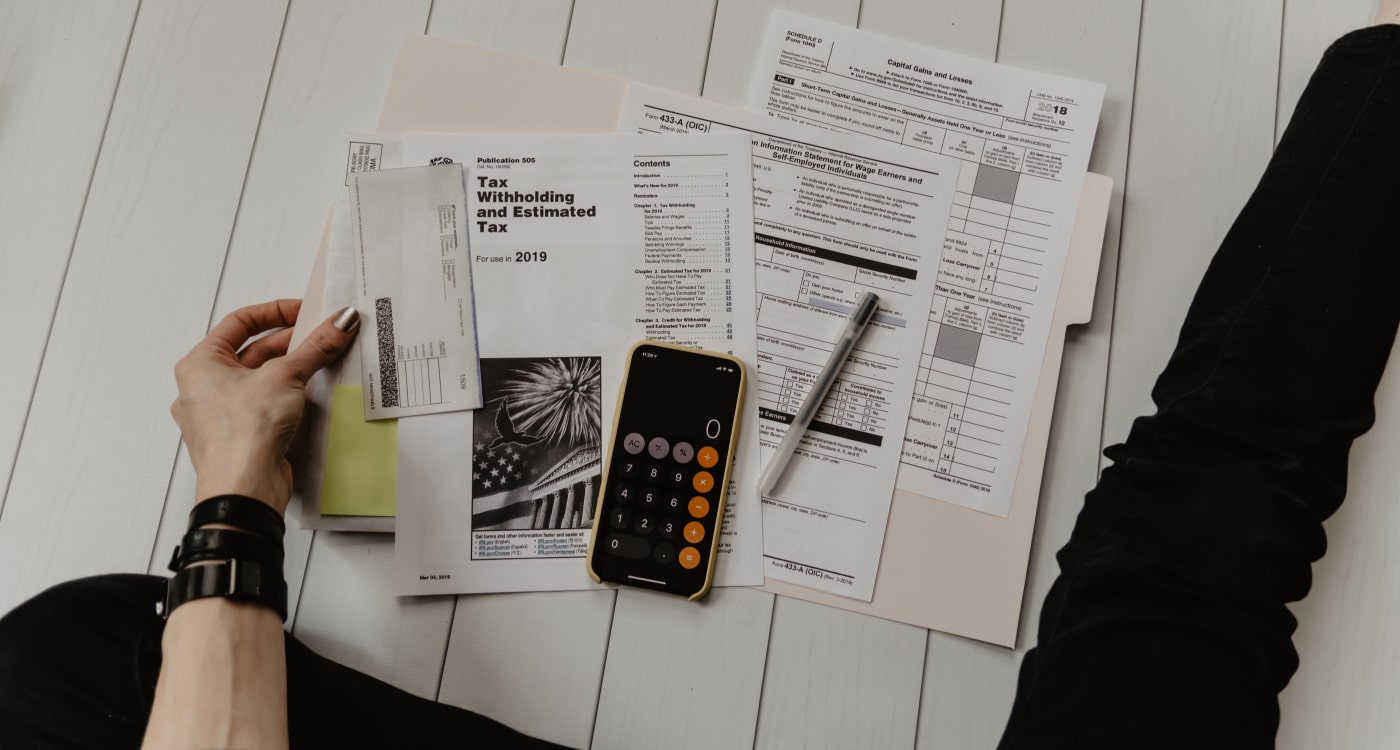Hesitant to open a small business? Starting a small business can be intimidating, but it shouldn’t stop you from starting a venture that has the potential to thrive.
The Australian Government supports small business owners with grants, services, and helpful information for small- and medium-sized enterprises (SMEs).
Jump straight to…
- Hesitant to open a small business? Starting a small business can be intimidating, but it shouldn’t stop you from starting a venture that has the potential to thrive.
- What Qualifies as a Small Proprietary Company?
- What Is a Small Business?
- How to Close a Small Business
- What Are the Best Small Business Ideas?

What Qualifies as a Small Proprietary Company?
A business is considered a small proprietary company if it meets at least two of the following conditions:
- The combined gross operating revenue for the financial year of the company is less than $25 million
- The value of the combined gross assets at the end of the financial year of the company is less than $12.5 million
- The business has fewer than 50 employees at the end of the financial year
What Is a Small Business?
A small business can be classified as a company, partnership, joint venture, sole proprietorship, or trust.
Depending on its structure, a small business can be registered under a business name or a company.
How to Start a Small Business
It’s necessary to review if you are eligible to operate a business in Australia. A person convicted of certain offences is ineligible to run a business for five years from the date of sentencing. If the person was imprisoned, it’s five years from the time of release.
Critical evaluation is needed before starting a business venture. Your financial position, skills, and even your mental health are factors you should consider.
Choosing a Business Structure
Choose a business structure that suits your business needs. The most common business structures include:
- Company
- Trust
- Partnership
- Joint venture
- Sole trader
An Australian small business seeking a helpline should go to a government agencies’ websites. Owners may also search for FAQs, quick links, social media, or case studies for more details.
Plan Your Business
Develop a business plan to ensure your business is on track to achieve short-term and long-term goals.
Find Help for Your Business
Most small business owners seek business advice and professional mentoring. Business advice is necessary for your new business, especially if you don’t have a marketing plan.
Register a Business Name
A business name is a title under which a company or person conducts business.
If you plan to operate a business under a name different to your own, you should register a business name. This practice is also advised if you operate a business that uses a different name from the registered company name.
You may register a business name for one year or three years. Consider all the requirements including the availability of your business name, the fees, and the process required to change or cancel the business name.
Registering your Australian Business Number (ABN) is free. Suppliers, customers, and the Australian Taxation Office (ATO) use this number to identify your business.
Not all taxes apply to your business. Decide which taxes your small business must register for.
Prepare Your Finances
An advisory service can help you understand your finance options and assist you in managing cash flow, payments, and invoicing.
Know the Law
Different laws may apply to your business activities, such as private data concerns or leasing matters.
Fair trading and consumer laws protect the rights of you and your customers. These laws and other industry code practices help Australian small business owners operate fairly.
The New South Wales (NSW) Government, Victorian Government, and other administrative authorities in Australia provide support programs within their fair trading legislation.
The NSW Government’s Office of the NSW Small Business Commissioner helps small business owners identify and resolve any issues impacting their operations.
For example, during the coronavirus outbreak, NSW offered ‘small business fees and charges rebates’ of $1,500 for eligible small business owners.
The support given to Australian small businesses during Coronavirus reduced the running costs of businesses.
Protect Your Business
Small business owners invest too much time and money in their venture to not have a plan in place to protect their business. Below are the things you should consider:
- Managing work health and safety
- Understanding business insurance
- Preparing your business for an emergency
- Protecting your intellectual property
- Protecting your business from cyber threats
Prepare for Tax
Maintain a record-keeping system, understand tax requirements, and learn how to pay your taxes.
Set Up Operations
Know your legal responsibilities and the steps you must take when hiring. Below is a checklist when hiring employees:
- Decide on the type of employee
- Assess employment impacts and costs
- Recruit an employee
- Prepare for your new employee
- Pay the right amount to employees
- Pay superannuation and tax
- Audit your payroll regularly
- Keep required documents, such as calculation of leave allowance and hours of work records
- Provide payslips, whether electronically or as a hard copy
- Report super, tax, and payments
- Know the rules when ending employment
Market Your Business
Promote your brand and communicate with your customers by creating a website and various social media platforms like Twitter and Facebook.
How to Close a Small Business
If your small business has stopped trading, deregister your company and cancel your business name. Once this is done, you are no longer obligated to update the Australian Securities and Investments Commission (ASIC) with your details and you won’t need to pay annual fees.
What Are the Best Small Business Ideas?
With so many businesses out there, it can be hard to figure out which ones are worth pursuing. Here are leading small business ideas that may increase your chances of success:
1. Handyman
2. Woodworker
3. Online dating consultant
4. Sewing and alteration specialist
5. Freelance website developer
6. Personal trainer
7. Freelance graphic designer
8. Life/career coach
9. Resumé writer
10. Freelance writer
11. Translator
12. Garden designer
13. eCommerce store owner
14. Landscaper
15. Videographer
16. Photographer
17. Travel planner
18. Car-detailing specialist
19. Home inspector
20. Housecleaner
How to Operate a Small Business at Home
Many businesses mentioned above can be based at home and typically don’t require much start-up capital.
Consider the following when starting a business at home:
Write Your Business Plan
Plan an overview of your market positioning, financial projections, and unique competitive advantages. If you are unsure where to start, you can use a business plan template available online.
Choose a Small Business Idea
Spend time researching what type of business will match your interests, experience, and target audience.
A few ventures you may want to try include coding, vending machine owner, social media manager, data entry clerk, audio or video editor, voiceover artist, pet sitter, vacation host, and candy seller.
Start as a Hobby
Maximise the enjoyment of your business by choosing a product or service that interests you.
Select a Software
Use software to help you with analytics, project management, accounting, email marketing, bookkeeping, and other basic tasks.
Decide Between an LLC or Sole Proprietorship
A sole proprietorship is a company that’s owned and operated by one person. Meanwhile, a limited liability company known in Australia as a Proprietary Limited Company (Pty Ltd) can include individuals, corporations, and other Pty Ltd’s as members.
Pty Ltd’s provide owners liability protection, certain tax advantages, and a flexible management structure.
Open a Business Bank Account
Start a bank account for your business to accurately monitor the cash flow and financial health of your business.
Decide if Your Business Works Well From Home
Some businesses are not suited to be home-based, so you may want to consider this before starting.
Set Up a Workspace
Have a designated workspace that inspires and creates the ideal conditions for success, before you start working.
Starting a small business is a hard decision, but with thorough planning and sound business advice, you have a much greater chance of succeeding.
Still undecided? Request a call from an expert today!




